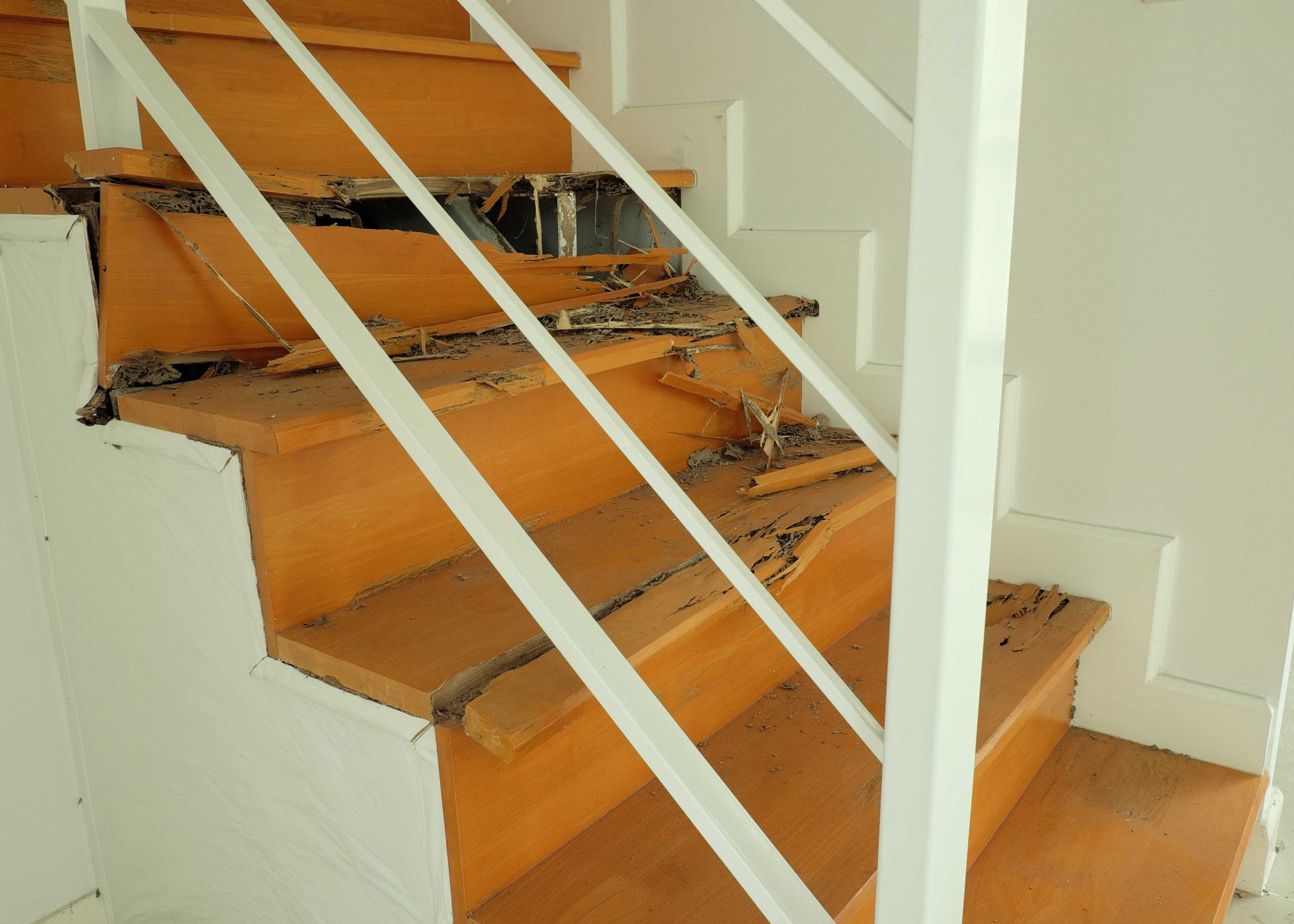Specialized experts in termite removal in Louisville
Protecting Your Home from Termite Damage
Termites are one of the most destructive pests to homes in the United States. They can cause extensive damage to your property, costing homeowners billions of dollars each year. If you suspect that your home may have a termite infestation, it is important to take action immediately.
Signs of a Termite Infestation
There are a few key signs that may indicate a termite infestation in your home:
- Mud tubes: Termites often build mud tubes to travel between their colony and a food source. These tubes are typically found on the outside of homes, along foundations, or in crawl spaces.
- Wood damage: Termites eat wood from the inside out, so you may notice damage to wood in your home, such as holes or tunnels.
- Discarded wings: Termites shed their wings after they swarm, so you may find discarded wings near doors, windows, or other openings in your home.
- Frass: Termites produce a sawdust-like material called frass. You may find piles of frass near termite colonies or areas where termites are active.
Termite Control and Prevention
If you suspect that your home may have a termite infestation, it is important to call a professional pest control company immediately. They can inspect your home and confirm whether or not you have termites. If termites are present, they will develop a treatment plan to eliminate the infestation and protect your home from future damage.
There are also a few things you can do to help prevent termites from infesting your home:
- Keep your home clean: Termites are attracted to wood debris, so keeping your home clean can help deter them.
- Moisture control: Termites need moisture to survive, so it is important to fix any leaks or moisture problems in your home.
- Wood treatment: You can treat wood with chemicals that repel termites. This can help protect your home from termite damage.
The Importance of Professional Termite Control
Termite control is a job best left to professionals. There are a number of DIY termite control products available, but these products are often not effective. Professional pest control companies have the experience and expertise to safely and effectively eliminate termite infestations.
If you are concerned about termites, contact a professional pest control company today. They can inspect your home and determine if you have a termite infestation. If termites are present, they will develop a treatment plan to eliminate the infestation and protect your home from future damage.

Get your fast, local termite control estimate
1. Call our team or complete our estimate form to schedule a termite inspection
Our calls and form completions are completely free to you. You will only be charged if you decide to work with one of our professional pest control service experts. Our termite removal contractors have years of experience and are knowledgeable in identifying and treating termite infestations. You can feel confident that your home will be in great hands with one of our network professionals.
2. Connect with a local Louisville, Kentucky termite removal expert
Completing our form is a great option if you’re busy and want someone to get back to you at a later time. A call will connect you with a termite removal professional quicker. Receive your competitive estimate; often, you can receive an estimate right on the phone call, and sometimes a little more discovery is involved, and the termite removal expert might want to do some basic inspections before giving the estimate.
3. Don’t wait until it’s too late to protect your home from termites
Contact our network now to schedule a termite inspection and take the necessary steps to prevent and eliminate termite infestations. With our quality service and competitive prices, you can trust that your home is in good hands. Protect your home and your investment with professional termite removal services in Louisville.